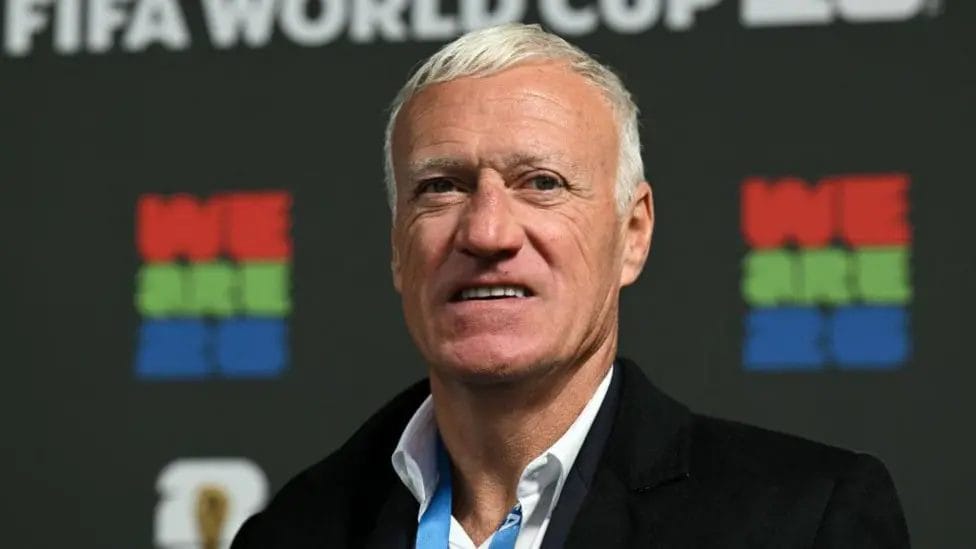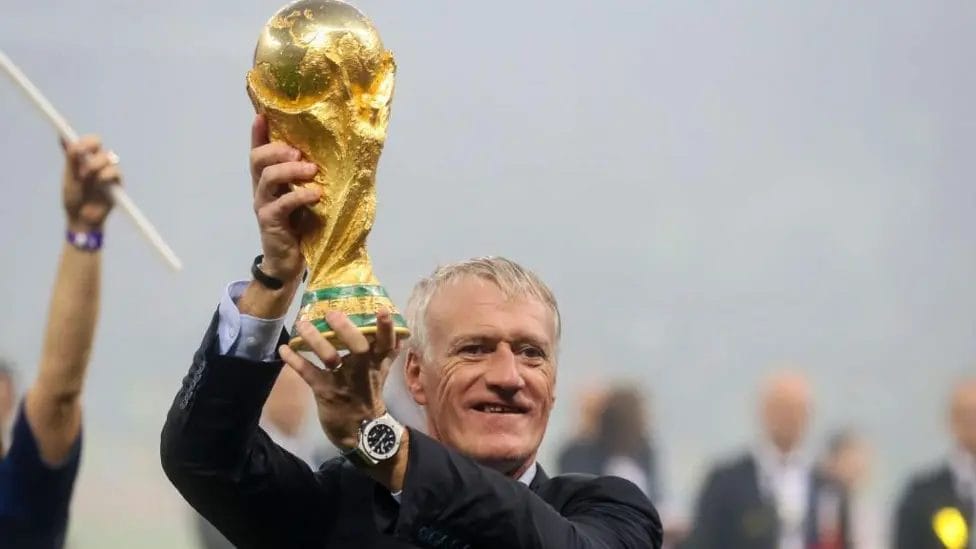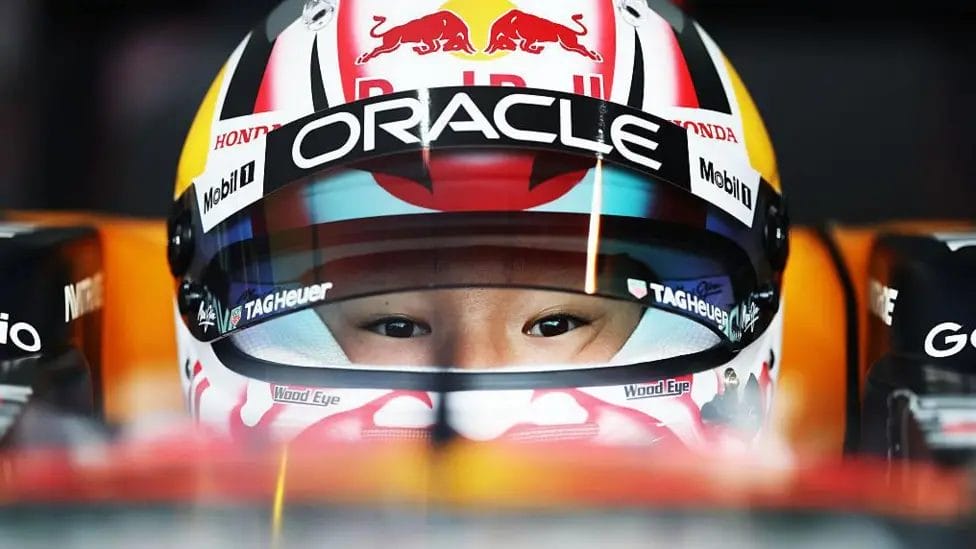
In a move that has surprised many, France’s longest-serving manager, Didier Deschamps, has confirmed that he will step down after the 2026 World Cup in the United States, Canada, and Mexico. Deschamps, 56, has been at the helm of Les Bleus since 2012 and has overseen one of the most successful eras in French football history. With a remarkable track record, including a World Cup win in 2018 and a near miss in 2022, Deschamps’ departure after the 2026 tournament will mark the end of a significant chapter in France’s footballing history. Here, we will explore the legacy of Didier Deschamps, his contributions to French football, and what this decision means for the future of the national team.
Didier Deschamps‘ Historic Tenure with France
Didier Deschamps took over the France national team in 2012, succeeding Laurent Blanc after France’s disappointing quarter-final exit from Euro 2012. The 56-year-old’s appointment was seen as a significant step towards rebuilding the national side, which had underperformed in previous years. His previous managerial experience, including spells at Monaco, Juventus, and Marseille, had already established him as a competent tactician. However, it was his work with the French national team that truly cemented his legacy.
Deschamps’ first major achievement came in 2014 when he successfully guided France to the World Cup in Brazil. Though Les Bleus were eliminated by eventual champions Germany in the quarter-finals, the performance was a sign of things to come. However, it was in 2016 that Deschamps brought France to the final of the European Championship on home soil. Despite their valiant effort, the team was defeated by Portugal in extra time, but Deschamps had managed to create a team that was capable of competing at the highest level.
His crowning achievement came in 2018 when Deschamps led France to their second World Cup victory in Russia. A 4-2 victory over Croatia in the final secured France’s status as world champions, and Deschamps joined an exclusive club of managers to have won the World Cup as both a player and a coach. He became only the third person in history to achieve this feat, following in the footsteps of Mario Zagallo and Franz Beckenbauer. This triumph solidified his place in French football history and proved his managerial credentials beyond any doubt.
In the years following the 2018 World Cup, Deschamps continued to guide France with success, securing the 2021 UEFA Nations League title and leading the team to a runner-up finish in the 2022 World Cup in Qatar. Although France lost to Argentina in a dramatic penalty shootout after a thrilling 3-3 draw, the team’s performance in Qatar demonstrated their continued strength under Deschamps’ leadership.
Didier Deschamps‘ Decision to Step Down
Didier Deschamps has made it clear that after the 2026 World Cup, his time as the France manager will come to an end. Speaking to French broadcaster TF1, he stated, “In 2026 it will be over. In my head, it’s very clear. I’ve done my time, with the same desire and passion to maintain France at the highest level. One has to be able to say stop, there’s a life after this. The most important thing is for France to stay at the top as they have been for many years.”
For many, this announcement came as a surprise, as Deschamps has built a reputation as a manager who has consistently delivered success. However, the Frenchman’s decision is grounded in a deep understanding of both the demands of the job and the importance of fresh energy and leadership for the future of the team. By stepping down after the 2026 World Cup, Deschamps will leave behind a legacy that future generations will look up to, while also giving the next generation of players and coaches the opportunity to take the team in new directions.
Deschamps’ decision is also influenced by the understanding that his tenure with the national team has been long and successful. With his passion for the game remaining strong, Deschamps feels it is the right moment for both himself and French football to transition to the next chapter. “The most important is for France to stay at the top as they have been for many years,” he emphasized, underscoring his commitment to the national team even in his final years as coach.
Deschamps’ Impact on French Football
Didier Deschamps’ impact on French football cannot be overstated. As the manager of Les Bleus, he has transformed the team into a consistent force on the international stage. Deschamps’ leadership has not only brought success on the pitch but also fostered a sense of unity and discipline that has been key to the team’s success. Under his guidance, France has become known for its tactical versatility, resilience in high-pressure situations, and ability to compete at the highest level in every competition.
In 2018, Deschamps’ France squad blended youth with experience, combining the brilliance of emerging talents like Kylian Mbappé and Antoine Griezmann with the leadership of seasoned players such as Hugo Lloris and N’Golo Kanté. This blend of youth and experience proved pivotal in securing their World Cup victory. Furthermore, Deschamps has been able to integrate new players into the squad without disrupting the team’s core values, a skill that has been essential to maintaining France’s high standards.
Deschamps’ success as a manager is also built upon his deep knowledge of the game, a knowledge shaped by his own experiences as a player. As the captain of the French national team in 1998, Deschamps led his country to its first-ever World Cup win. He followed that up with another continental triumph in Euro 2000, further cementing his legacy as one of France’s greatest footballing figures. As a manager, Deschamps has been able to use his playing experience to guide France with a pragmatic, disciplined approach, while also giving his players the freedom to express themselves creatively.
The Road Ahead: What’s Next for France?

While Deschamps will remain in charge until the 2026 World Cup, his decision to step down raises questions about what the future holds for the French national team after his departure. France’s immediate focus will be the 2026 World Cup, with the team set to begin their qualifying campaign soon. The group for the 2026 World Cup is yet to be decided, depending on the outcome of their Nations League quarter-final clash against Croatia in March.
As the France national team prepares for a new era after Deschamps, the French Football Federation (FFF) will need to find a successor who can continue the legacy of success built under the current manager. Names such as Zinedine Zidane, Thierry Henry, and other French football legends have been mentioned as potential candidates, but the FFF will undoubtedly take time to carefully consider who can carry France forward into the next generation of international football.
A Legacy of Success: Didier Deschamps as Both Player and Manager
Before becoming the France manager, Didier Deschamps had a decorated playing career that spanned several top clubs, including Monaco, Juventus, and Marseille. He won numerous domestic and international titles, including Champions League trophies with both Juventus and Marseille. His stellar playing career, which included 103 caps for France and leadership during the national team’s 1998 World Cup win, laid the foundation for his success as a coach. Deschamps’ journey from player to manager has been a testament to his understanding of football at the highest levels, and his success as a coach is a reflection of his remarkable footballing intelligence.
As a player, Deschamps’ leadership was vital in driving France to success on the global stage. His ability to read the game, break up opposition attacks, and maintain discipline in the midfield was unmatched. These qualities have served him well in his managerial career, where he has been able to instill the same values of discipline and tactical understanding in his players.
A Legendary Career Draws to a Close

Didier Deschamps’ decision to step down after the 2026 World Cup will mark the end of one of the most successful managerial tenures in the history of French football. With a World Cup win, a Euro final appearance, and a Nations League title under his belt, Deschamps has built a legacy that will endure long after he leaves his post. As France prepares for its next chapter, Deschamps’ leadership and dedication to the national team will be remembered as a key factor in the country’s rise to prominence on the international football stage.
Deschamps’ departure will undoubtedly be a momentous occasion for both the French Football Federation and the fans who have followed his journey over the years. However, the foundation he has laid will continue to serve as a strong base for the future of French football. For now, France’s focus remains on qualifying for the 2026 World Cup, where Deschamps will lead the team in one final attempt to add another glorious chapter to his storied career.








